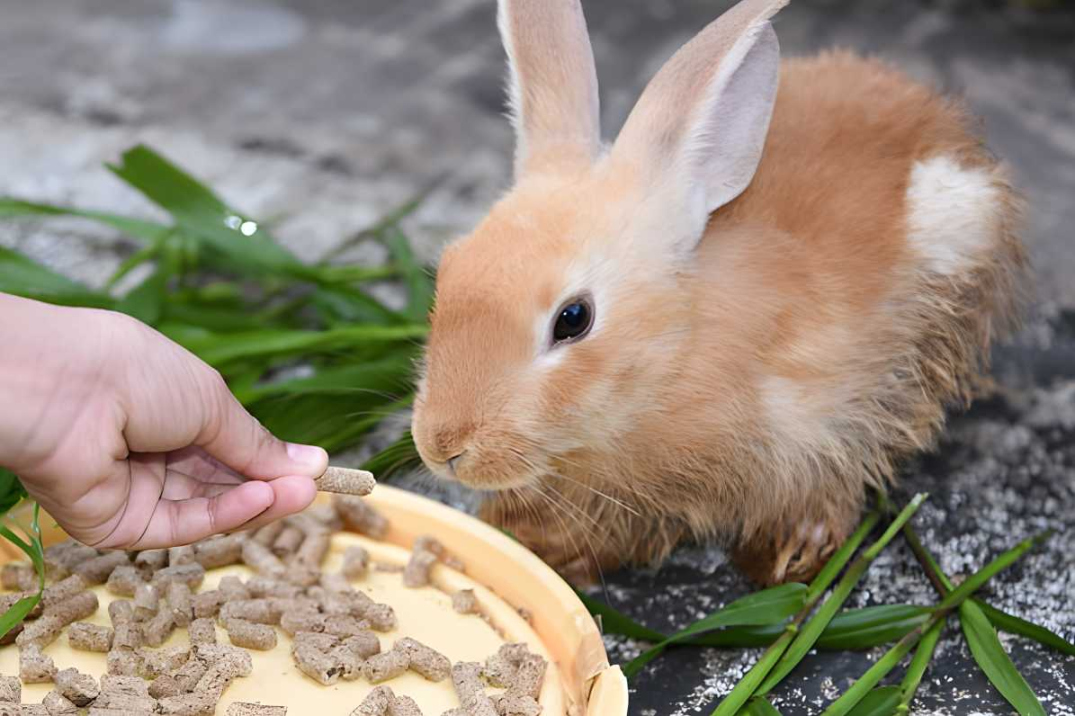How Long Can a Rabbit Live Without Food?
As pet owners, it is important to understand the basic needs of our furry friends. One question that often comes up is how long a rabbit can survive without food. Rabbits have specific dietary requirements, and their digestive systems are designed to process a constant supply of food. In this article, we will delve into the topic and provide you with all the information you need to know.

The Importance of Food for Rabbits
Rabbits are herbivores, which means they primarily eat plant-based foods. Their diet mainly consists of hay, fresh vegetables, and a small portion of pellets. Unlike other animals, rabbits have a unique digestive system that requires a constant intake of food to function properly. Their teeth continuously grow, so chewing on fibrous foods like hay helps wear down their teeth and prevent dental issues.
Additionally, rabbits have a sensitive digestive system that relies on a healthy balance of microorganisms in their gut. A sudden lack of food can disrupt this balance and lead to gastrointestinal problems. Therefore, it is crucial to ensure that your rabbit has access to food at all times.
How Long Can a Rabbit Survive Without Food?
Rabbits should never be without food for an extended period of time. However, there may be situations where a rabbit goes without food for a short period. In general, a healthy adult rabbit can survive without food for about 24-48 hours. However, this can vary depending on various factors such as the rabbit’s age, health condition, and the availability of water.
It is important to note that although rabbits can survive for a short time without food, it does not mean they should. They rely on a constant intake of food to maintain their overall well-being.
Effects of Lack of Food on Rabbits
When a rabbit goes without food for an extended period, it can have several detrimental effects on their health. Some of the effects include:
- GI Stasis: A lack of food can cause gastrointestinal stasis, a condition where the digestive system slows down or stops completely. This can lead to a buildup of gas and harmful bacteria in the gut, potentially leading to severe pain, bloating, and even death if left untreated.
- Weakness and Dehydration: Without food, a rabbit can become weak and dehydrated. These conditions can further exacerbate any underlying health issues and make it challenging for the rabbit to recover.
- Dental Problems: Rabbits’ teeth grow continuously, and a lack of food to chew on can result in overgrown teeth, which can lead to discomfort, pain, and difficulty eating in the future.
FAQs about Rabbits and Food
Can rabbits survive on hay alone?
While hay is a crucial part of a rabbit’s diet, they also require fresh vegetables and a small portion of pellets for a well-rounded nutritional intake.
How often should I feed my rabbit?
A rabbit should have access to fresh hay and water at all times. Additionally, they should be fed a small amount of fresh vegetables daily and a limited portion of pellets to prevent overeating.
Can I leave my rabbit without food for a day when I go on vacation?
No, it is not recommended to leave a rabbit without food for a day, even if you are away. Make arrangements for someone to care for your rabbit while you are gone or consider using an automatic feeder.
What are the signs of GI stasis in rabbits?
The signs of GI stasis in rabbits include reduced or absent fecal pellets, decreased appetite, bloating, lethargy, and discomfort. If you notice any of these symptoms, seek veterinary assistance immediately.
In conclusion, rabbits should never be without food for an extended period. While they can survive for a short time without food, it can have severe consequences on their health and well-being. As responsible pet owners, it is crucial to ensure that our rabbits have access to a balanced diet and a constant supply of food to maintain their overall health.
Related Articles…
Copyright Notice:
The images displayed here are sourced from the internet, with copyrights held by respective owners. For removal of any copyrighted image, please email us.